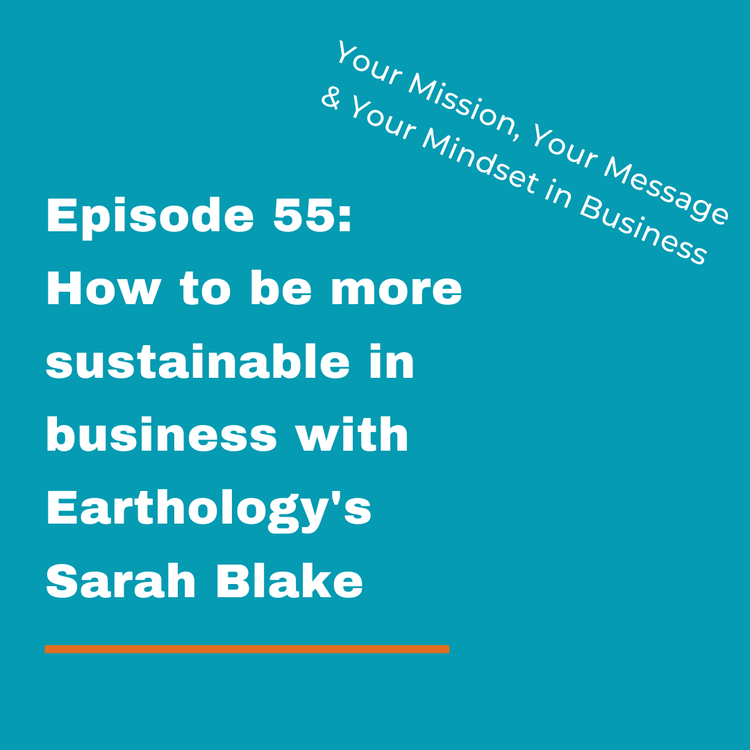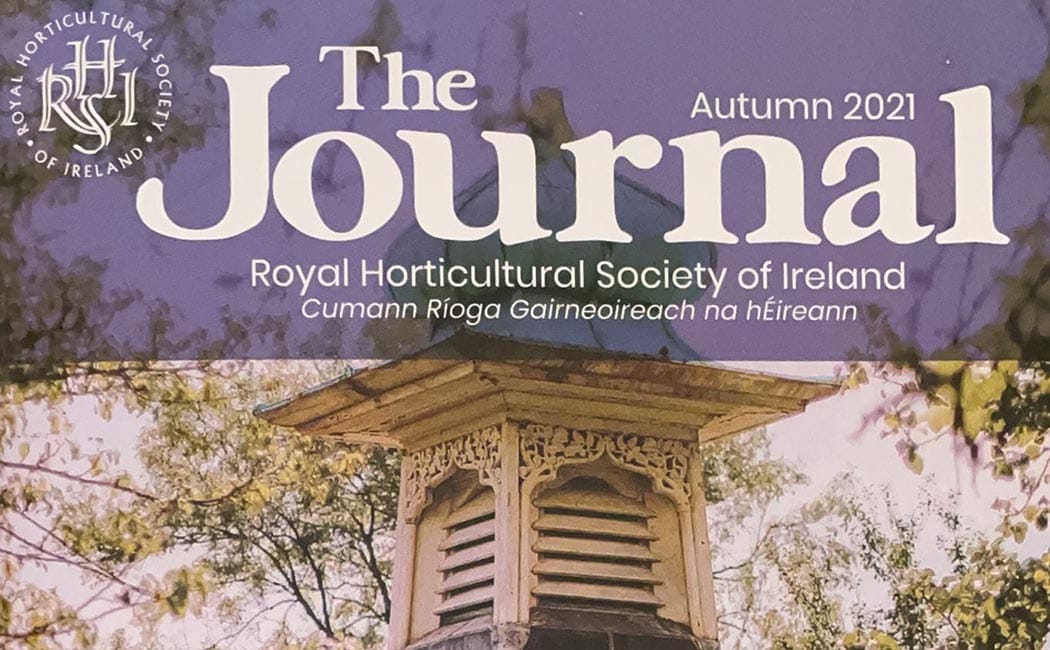 The Royal Horticultural Society Ireland have been doing tremendous work in 2021 with events that help us gardeners to lower our garden footprint (pardon the pun!). Around COP26 the RHSI joined forces with the British Embassy to create videos from celebrated gardeners like Diarmuid Gavin who highlighted how we can all help. There have been some incredible zoom talks too. Membership of the RHSI would be a great gift for the eco warrior in your life! Sarah also features in the latest journal edition with her tips for lowering your garden footprint which include:
The Royal Horticultural Society Ireland have been doing tremendous work in 2021 with events that help us gardeners to lower our garden footprint (pardon the pun!). Around COP26 the RHSI joined forces with the British Embassy to create videos from celebrated gardeners like Diarmuid Gavin who highlighted how we can all help. There have been some incredible zoom talks too. Membership of the RHSI would be a great gift for the eco warrior in your life! Sarah also features in the latest journal edition with her tips for lowering your garden footprint which include:
Plant choice
It’s all about the right plant, in the right place. Rosemary with it’s fine, silvery leaves is perfect for a hot spot. This will mean less watering and less effort! Do you live near a busy road? Plant a Cotoneaster shrub, a recent RHS study showed it’s fine hairy leaves were particularly good for soaking up polluted air.
Plastic.
New plastic pots are now available in most nurseries that are either made of recycled plastic or can themselves be recycled.
Water
We can preserve water by mulching the ground, filling a water butt and using a watering can instead of a hose. If your garden is prone to flooding then create a bog garden or pond and plant living green roofs to absorb rainwater and release it slowly.
Organic
Plant nitrogen fixing plants like clover cover crops in winter and comfrey in summer to make your own plant food or use seaweed based soil enhancers. Consider permaculture principles such as no digging and composting to manage your garden and keep the soil structure.
Trees
Check out our Tedx talk on trees for Pollinators, there’s one for every garden, even in a pot. Trees provide shelter and shade for insects and wildlife as well as the opportunity to plant a whole woodland understory. Plant native species like Malus and Hawthorn.
Pollinators
When planting in borders use yellow and purple colours as these are most attractive to bees. Consider growing parts of the grass in your lawn like hay for the insect population, plant spring bulbs for early colour and then let wild flowers grow in summer before cutting in the Autumn. It provides interest and colour as well as no effort mowing or trimming it!
So remember that a messy garden is kinder to the planet and we should embrace imperfection in all its glory.
If we all do a little, together we can achieve a lot.
Find out more about the RHSI by visiting their website.




